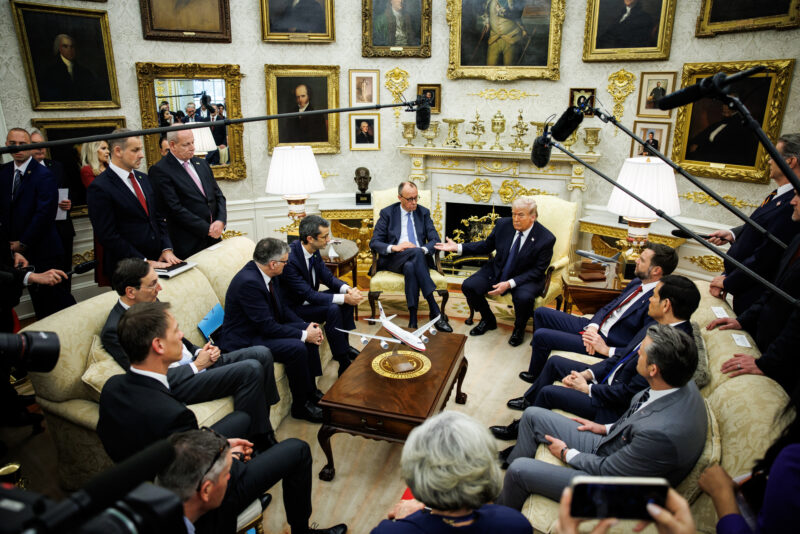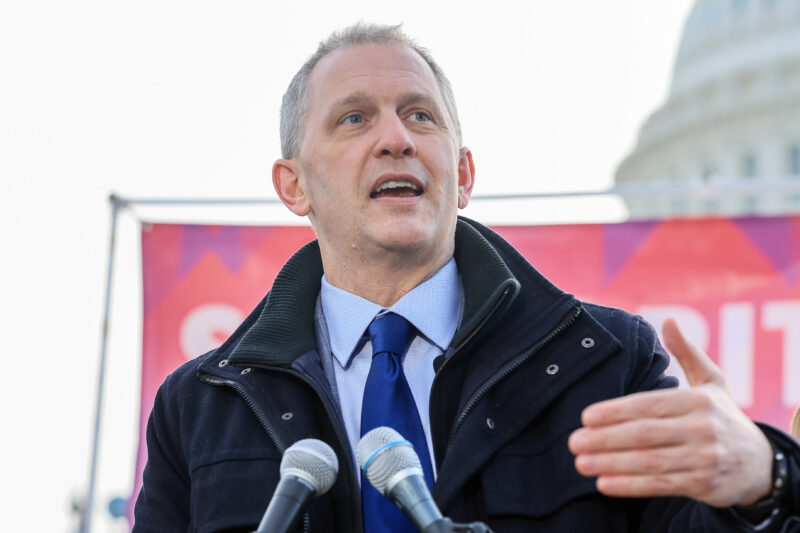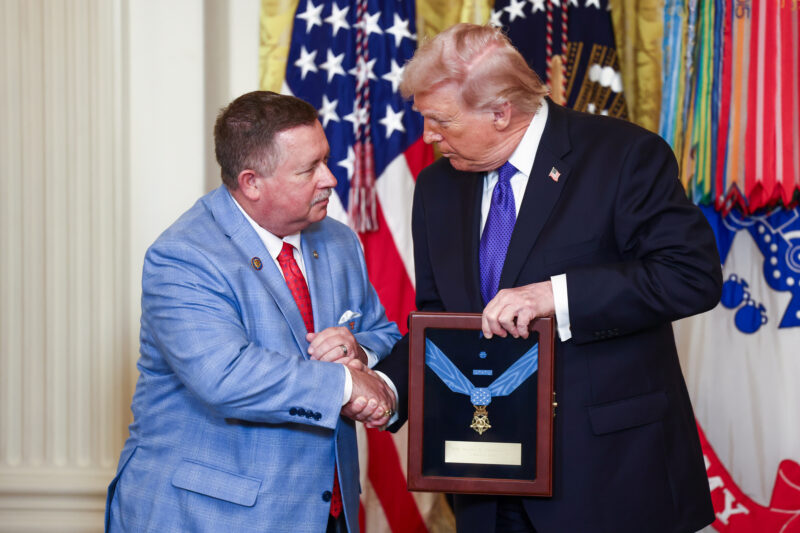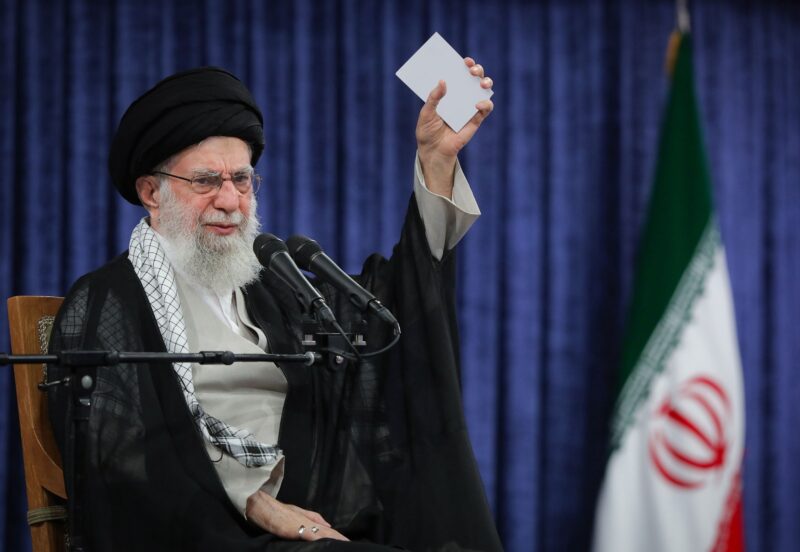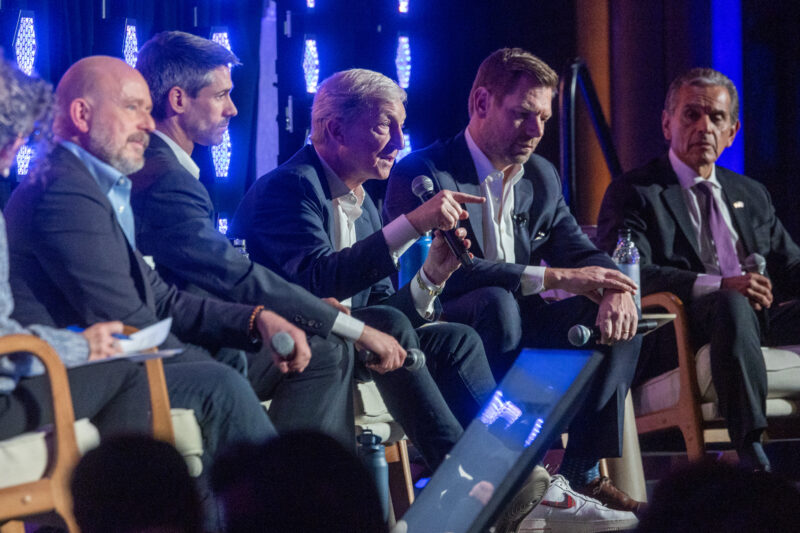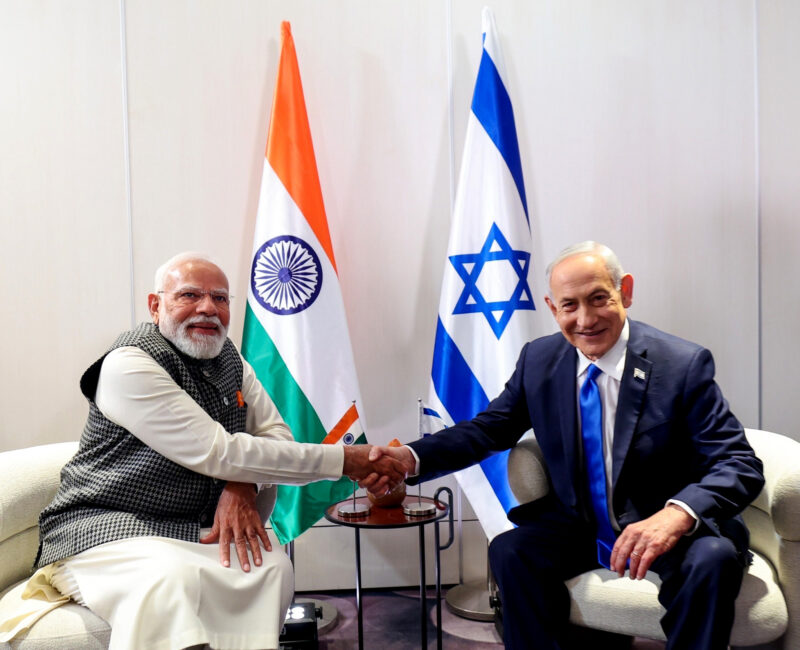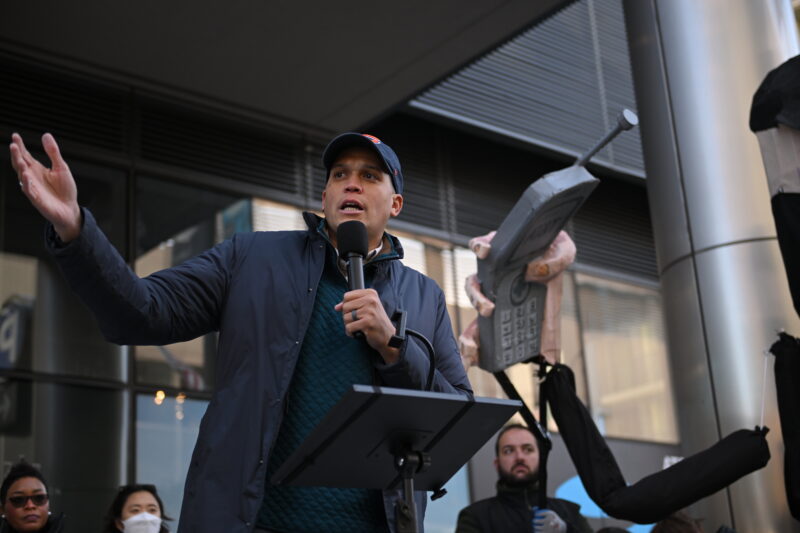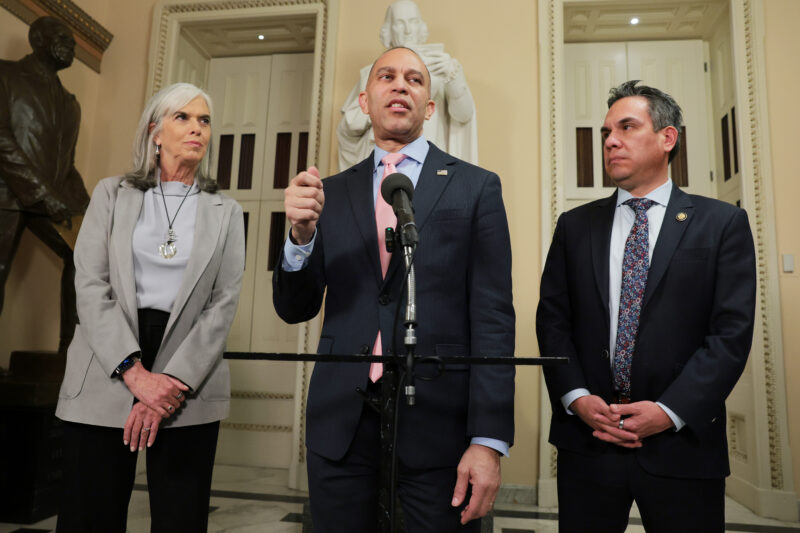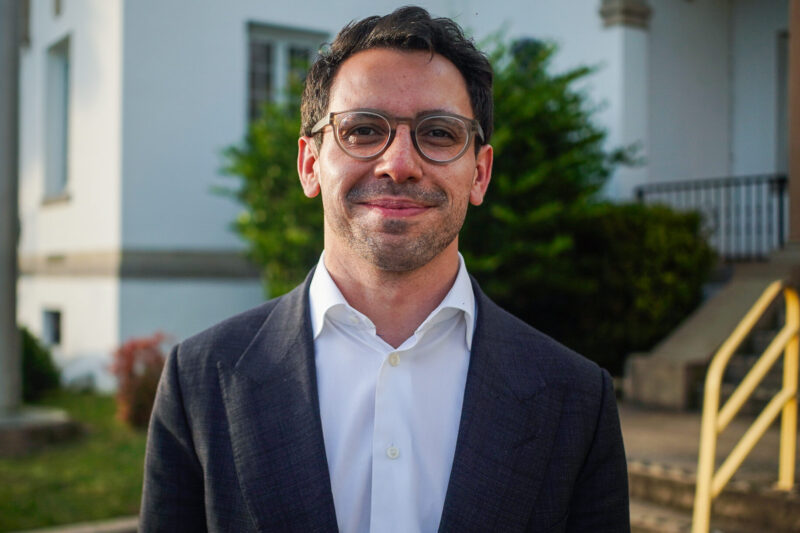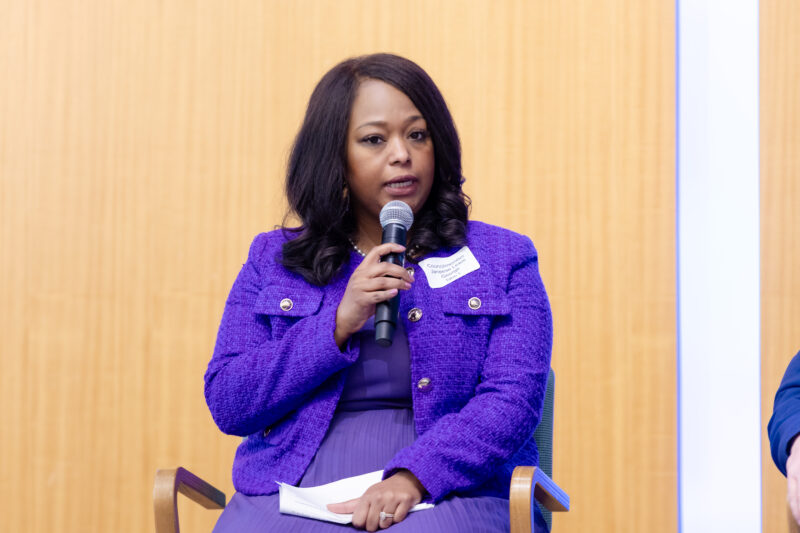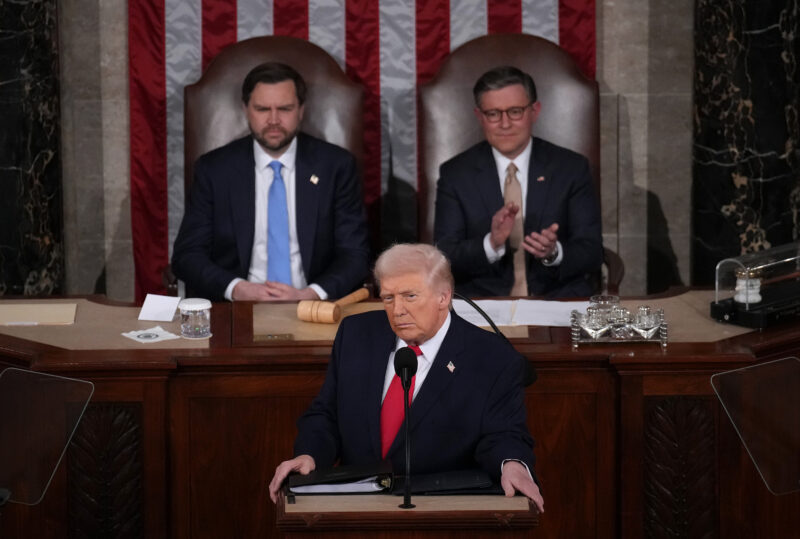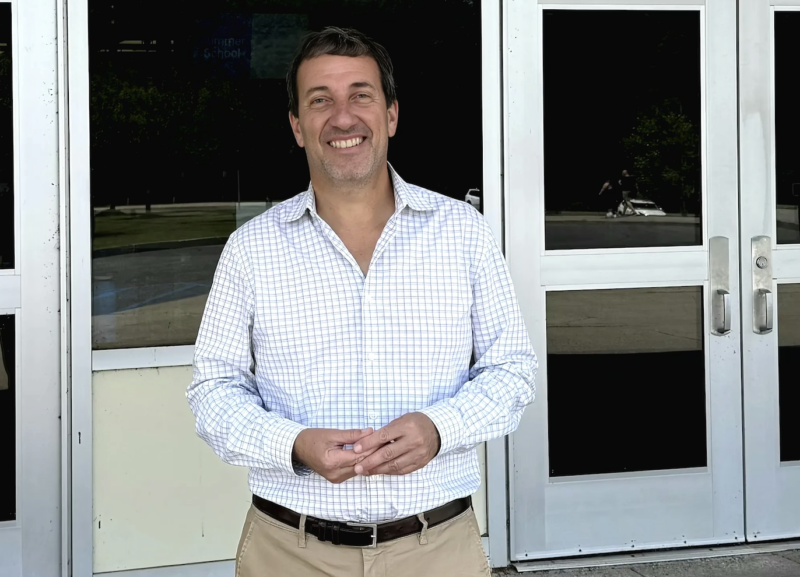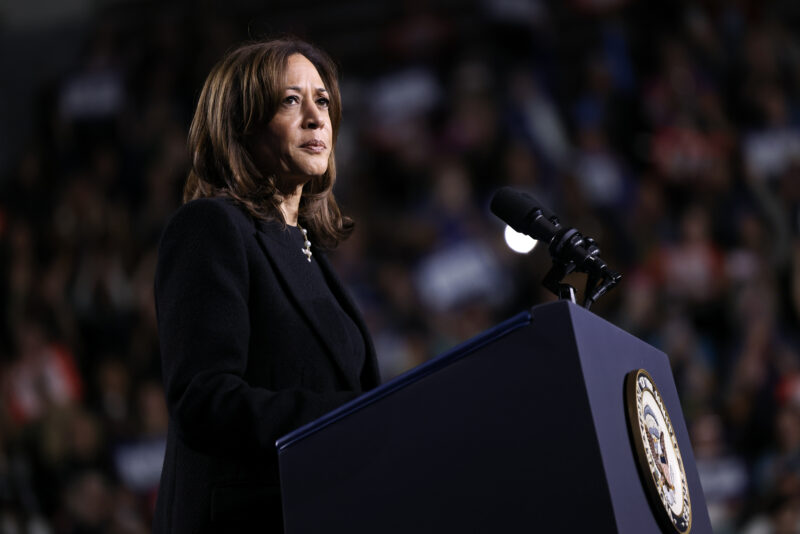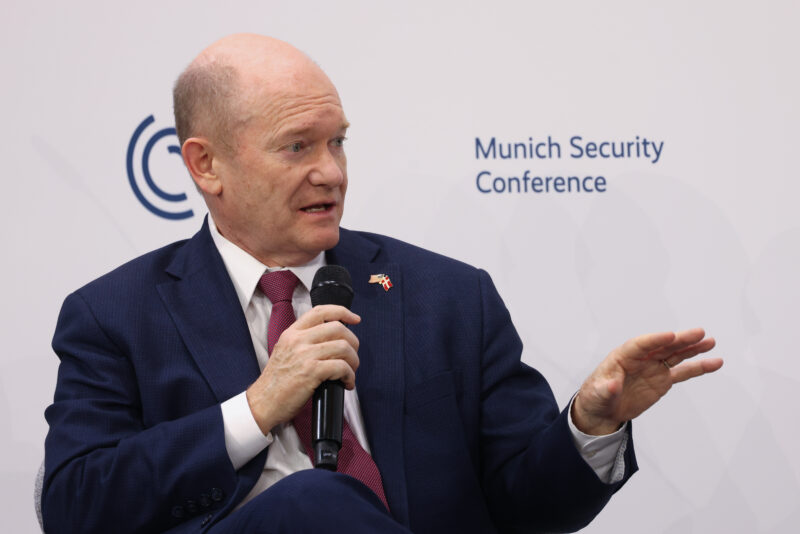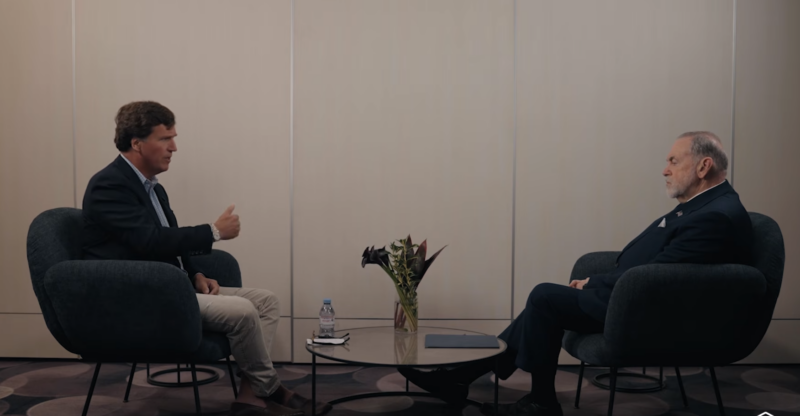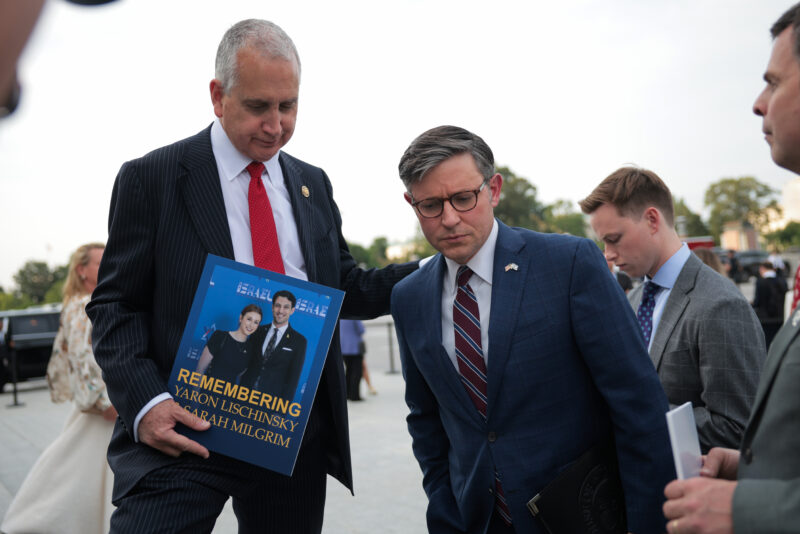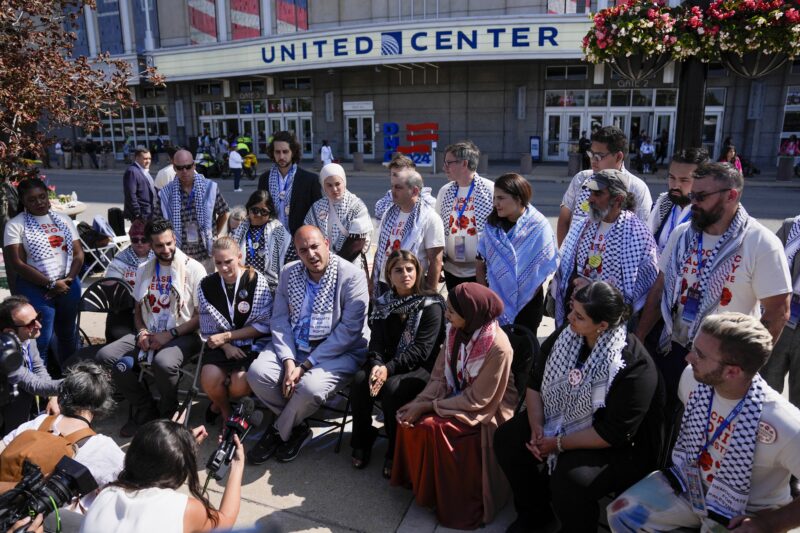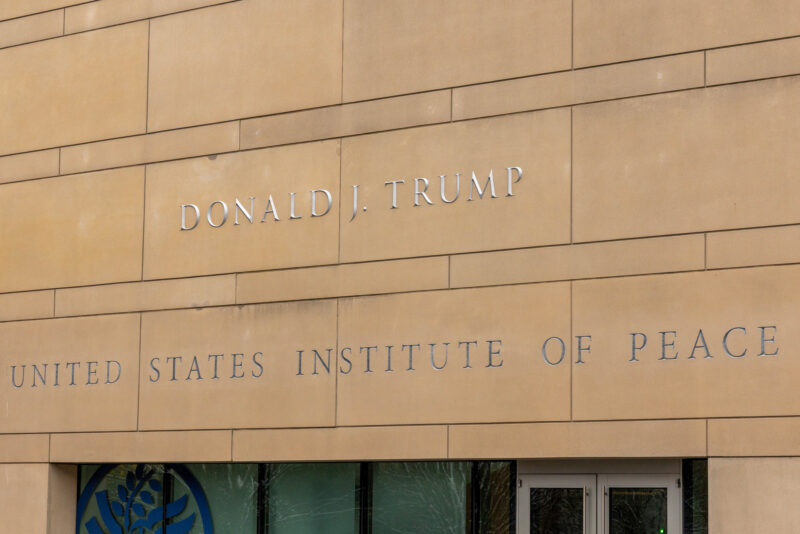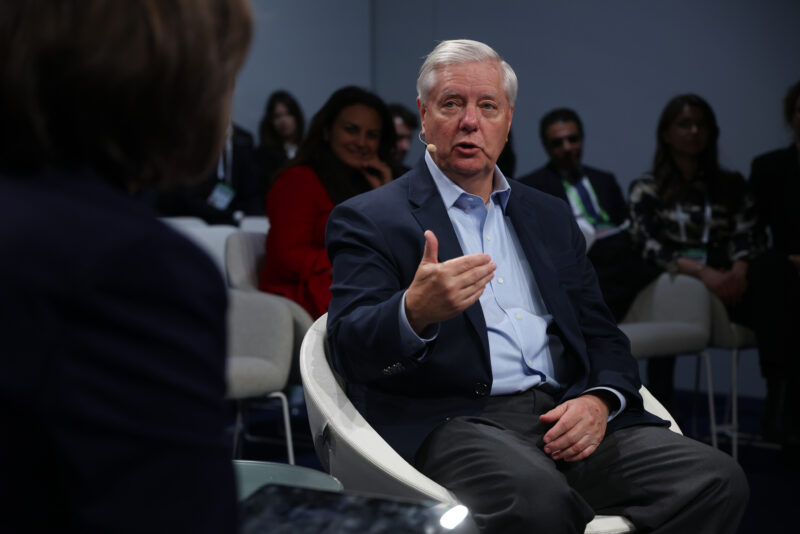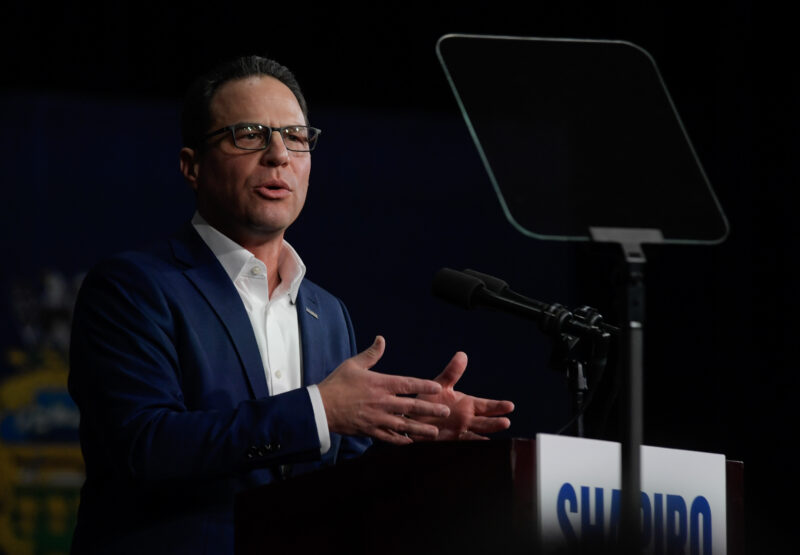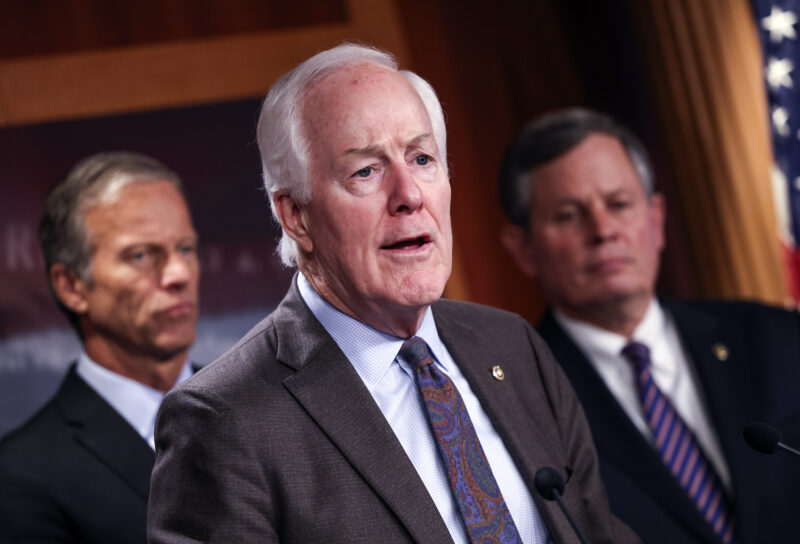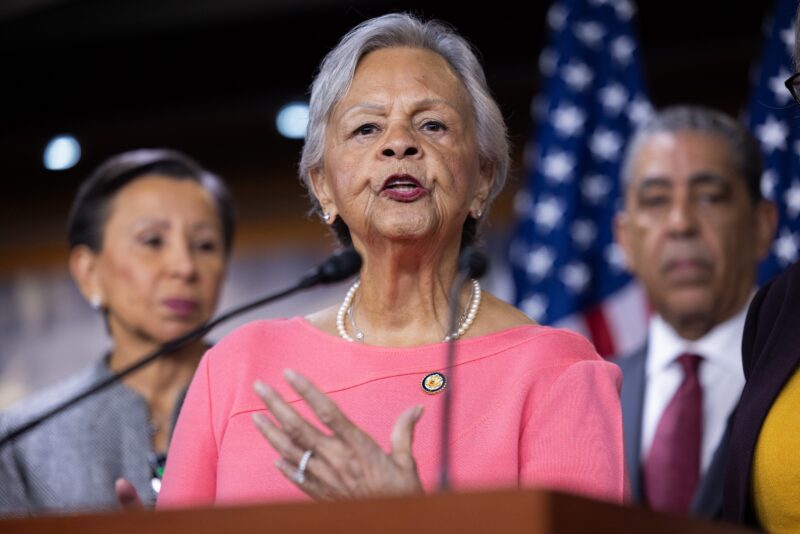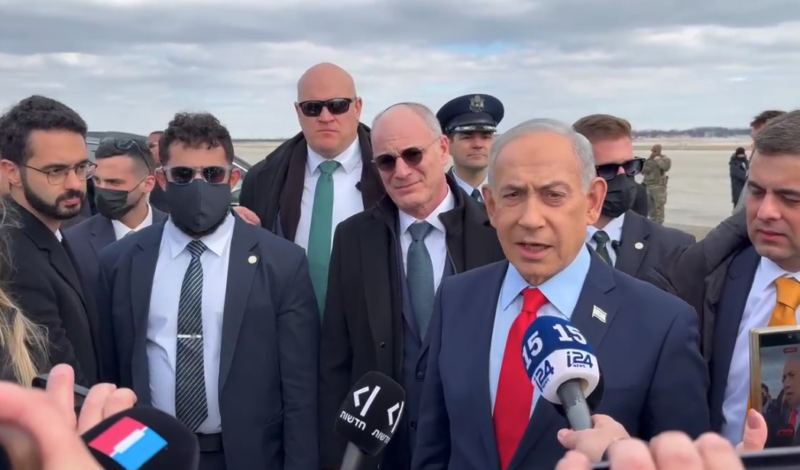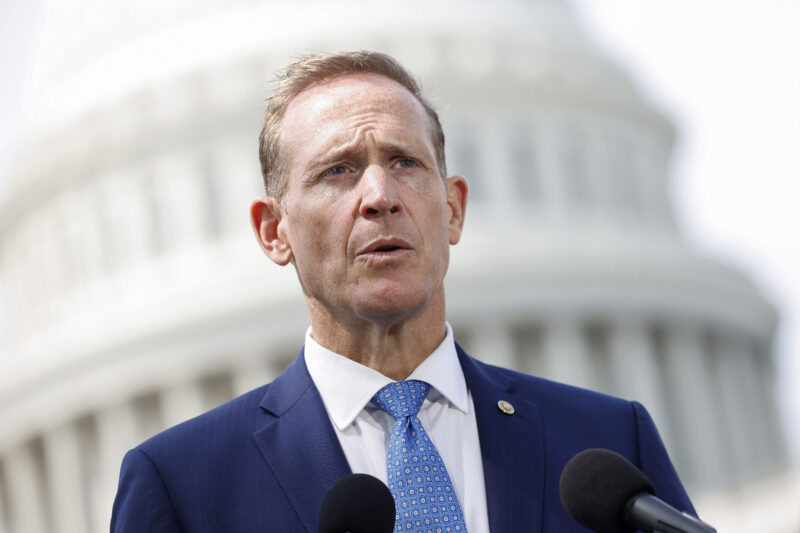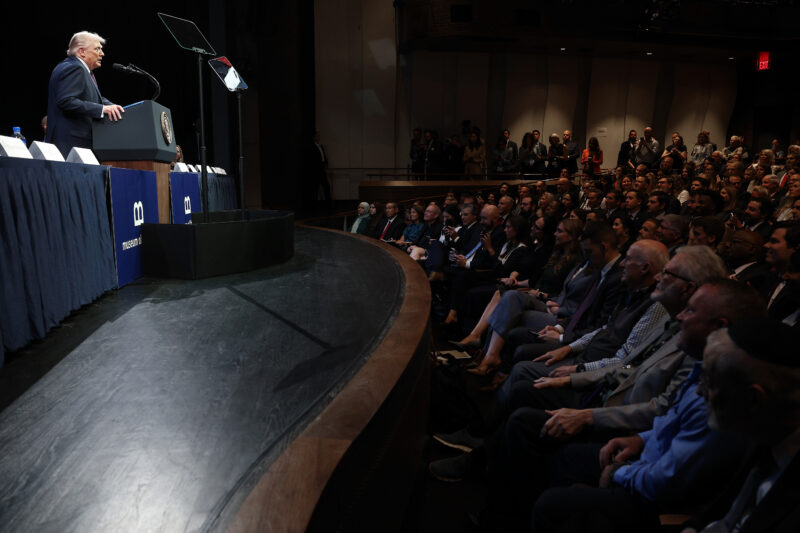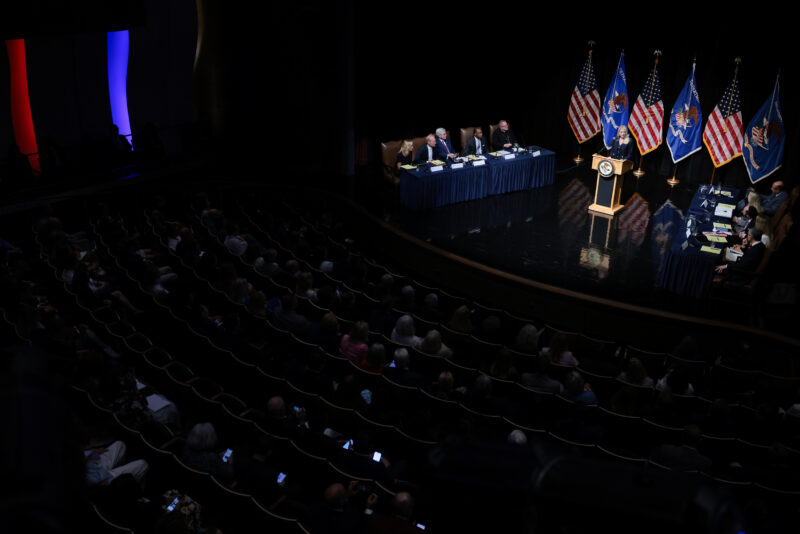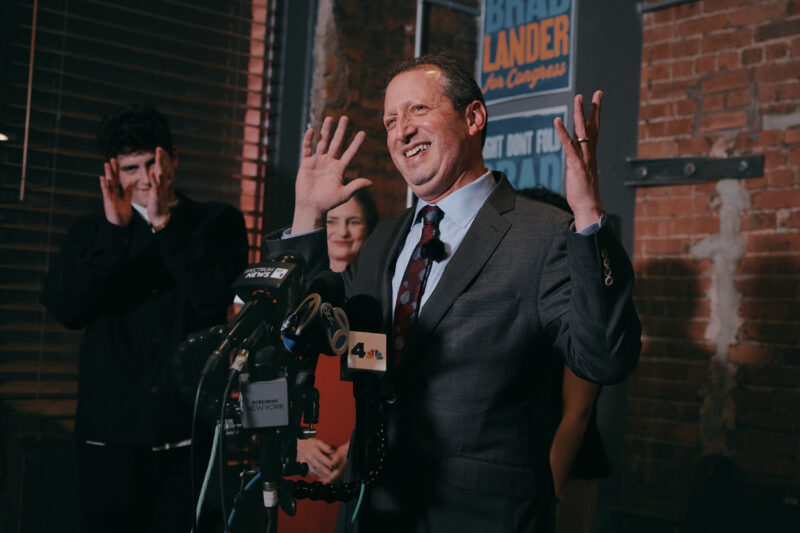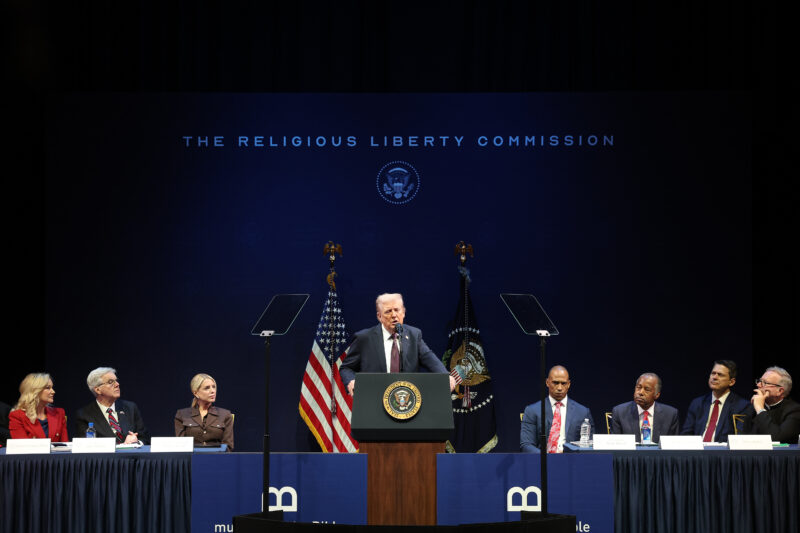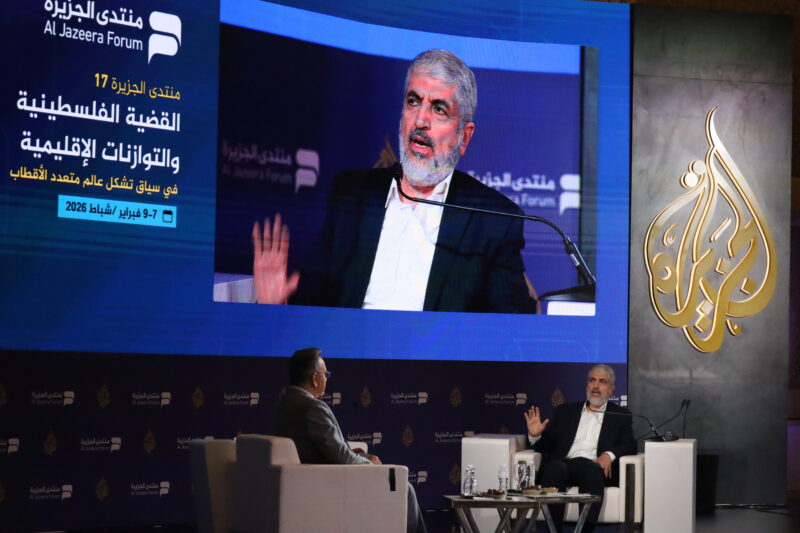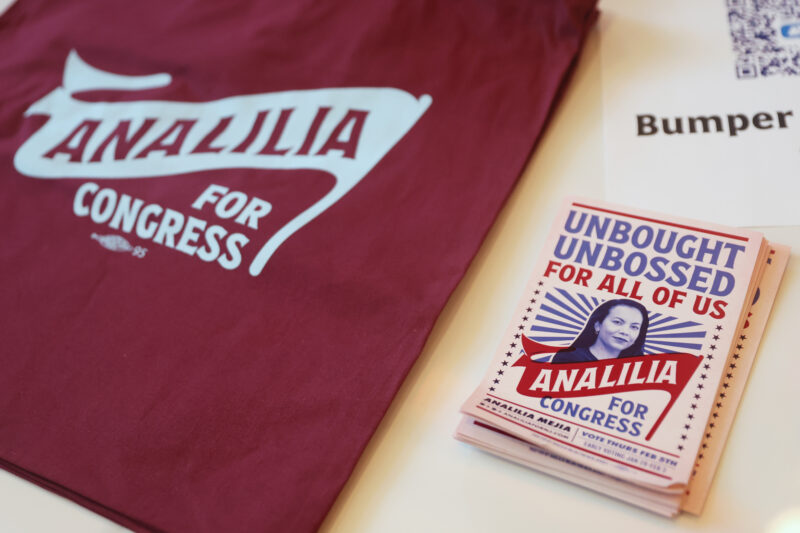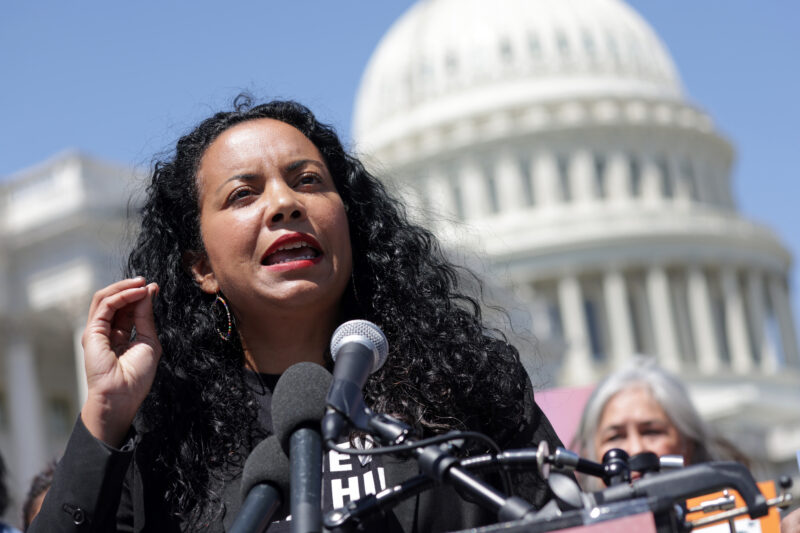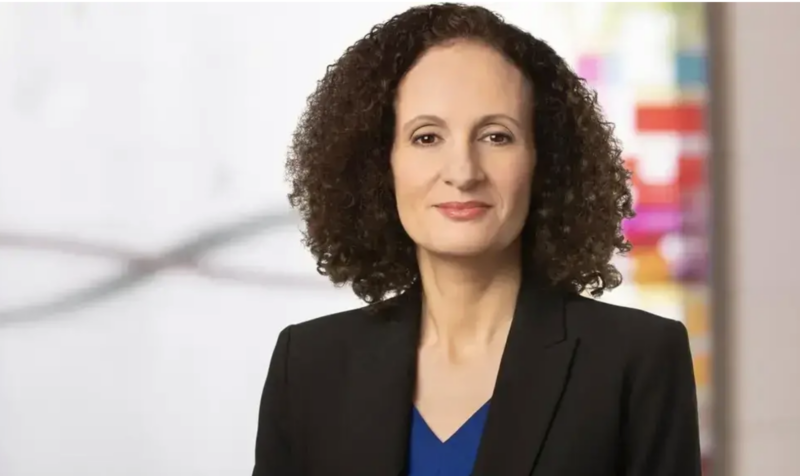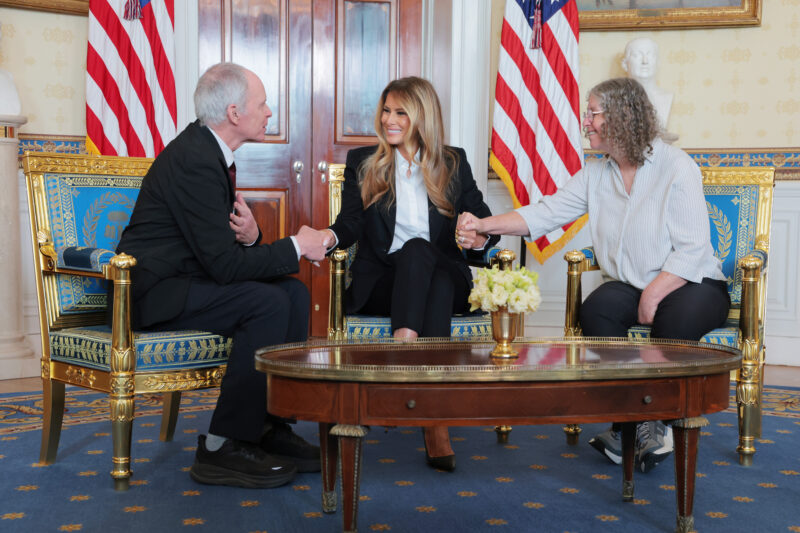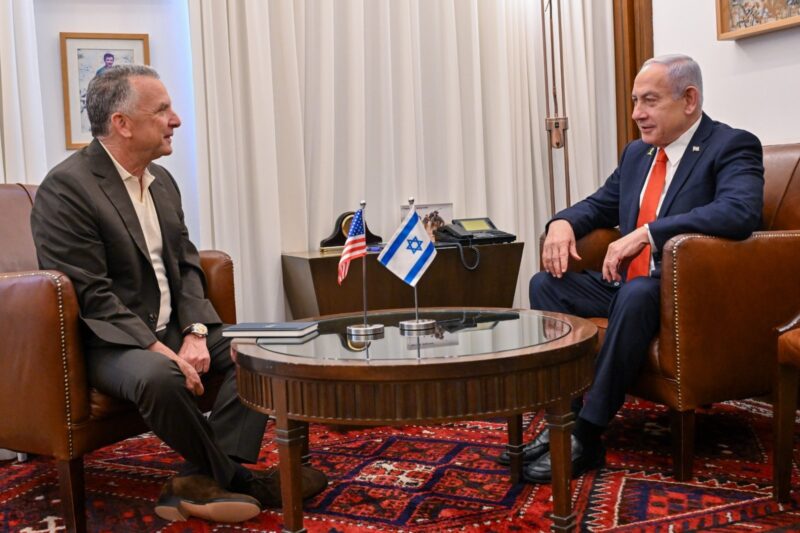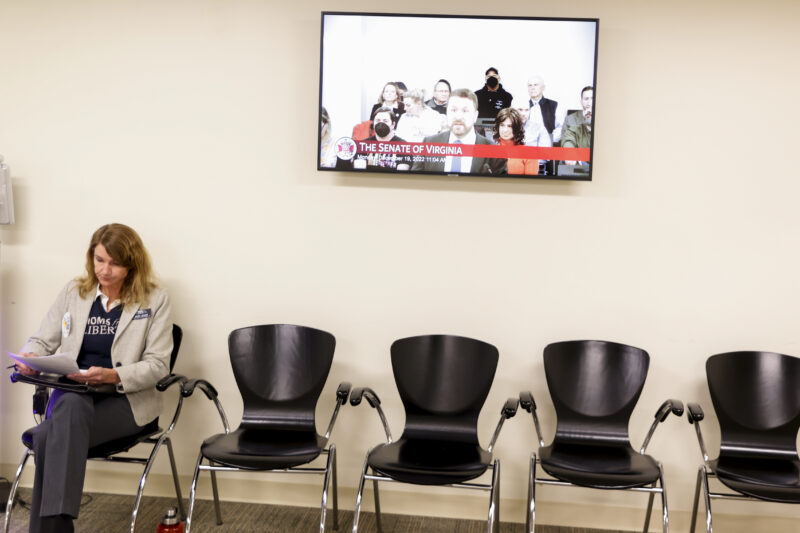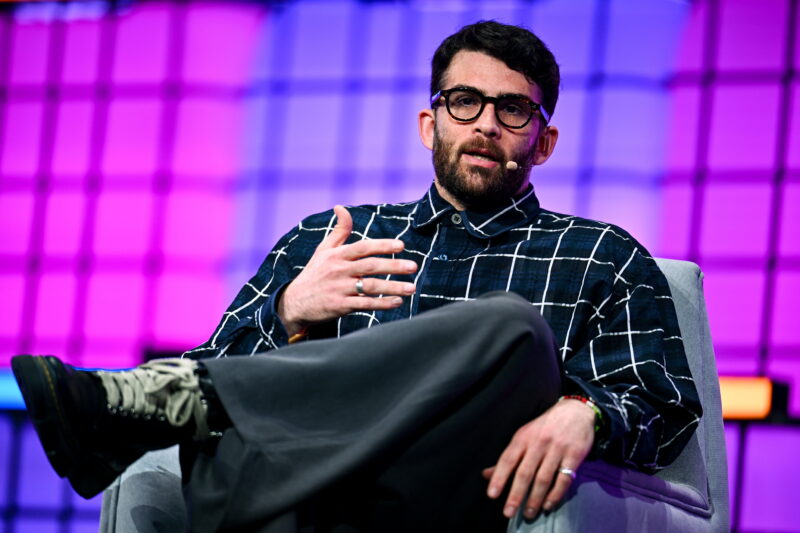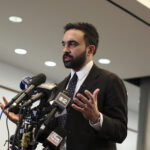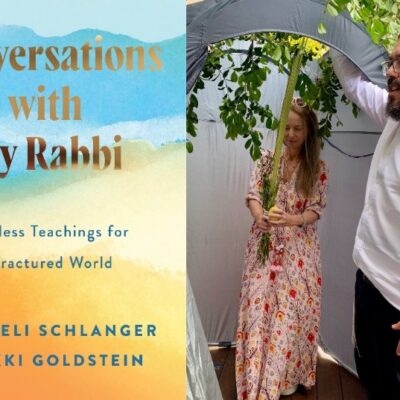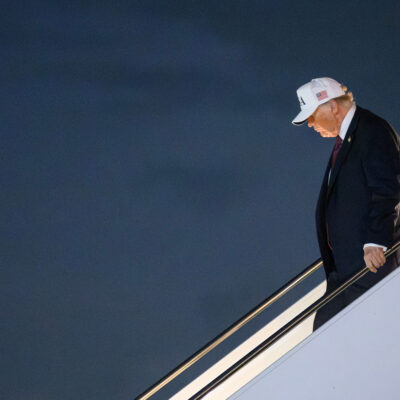Ossoff’s vote to block arms sale to Israel hampers his Jewish outreach efforts
‘Every time a vote like this comes around, there is a break in trust and that becomes harder to restore,’ an Atlanta-area rabbi said, though the senator maintains some supporters
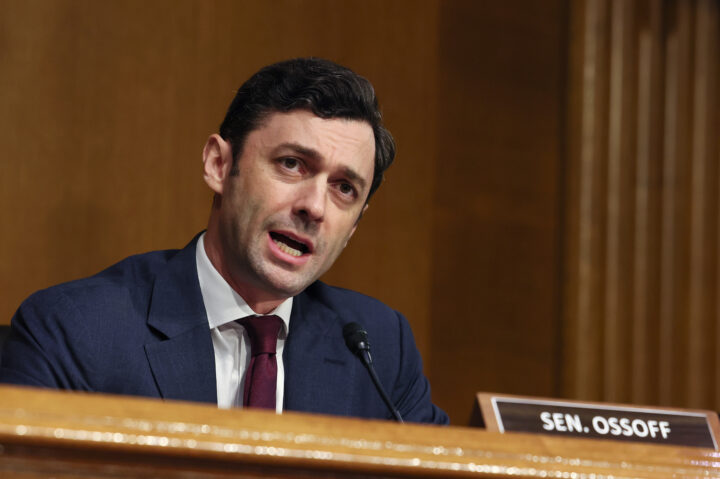
Jemal Countess/Getty Images for Breakthrough T1D)
Sen. Jon Ossoff (D-GA) questions witnesses during a hearing held to examine a future without Type 1 Diabetes with a focus on accelerating breakthroughs and creating hope at the Dirksen Senate Office Building on July 09, 2025 in Washington, DC.
Sen. Jon Ossoff’s (D-GA) vote Wednesday night, with a majority of Senate Democrats, in favor of a resolution to block a shipment of automatic weapons to Israel is fueling renewed frustration with the senator within the Georgia Jewish community, setting back efforts by the senator to repair ties with Jewish voters who objected to similar votes last December.
Ossoff’s relationship with Georgia’s sizable Jewish community could be a critical deciding factor in his reelection campaign next November — with a tight margin of victory expected in the swing state, significant changes in Jewish voting patterns could help decide the election.
The Georgia senator alienated many in the Jewish community by voting in December for two of three resolutions to block aid shipments to Israel. In subsequent months — after a group of Jewish donors expressed support for Republican Georgia Gov. Brian Kemp as a potential challenger — Ossoff reached out to Jewish community leaders and groups to work to repair ties, with some success.
Many leaders said at the time that he was making progress but had more work to do to fully regain their trust. Those efforts hit a stumbling block in June after Ossoff — whose second child had just been born — took nearly a week to comment on the war between Israel and Iran.
Ossoff said, of his votes on Wednesday, that he had voted for the resolution to block the automatic weapons to send a message to the Israeli government objecting to the humanitarian crisis in Gaza, as well as due to concerns that the weapons would be provided to police controlled by Israel’s national security minister, Itamar Ben-Gvir, a controversial figure even in pro-Israel circles.
He said he voted against a second resolution blocking a sale of bombs and bomb guidance kits, because those weapons are necessary to strike targets throughout the region attempting to launch missiles and rockets at Israeli civilians. Ossoff had similarly opposed a resolution on bombs and guidance kits in November, while voting for two other resolutions to block other weapons transfers.
Norman Radow, a major Democratic donor in Georgia who spoke to Ossoff on Wednesday evening after the votes, told Jewish Insider, “I’m disappointed with him and he knows it. And I think he knows that a vast majority of the Jewish community feels the same way.”
Radow said that Ossoff’s justifications for his vote on the assault rifles resolution didn’t hold water for him and his logic was “sophomoric.” The Democratic donor said he’d argued to the senator that Ossoff had overstated the extent of violence in the West Bank and of starvation in Gaza.
And he said he told the senator that non-binding efforts condemning Hamas and its backers are ineffectual, as compared to the real impacts that cutting off military supplies to Israel would have.
He indicated he appreciated the senator’s call.
“I’m disappointed in his behavior, but I can’t say it’s a surprise. We’ve seen this before,” Cheryl Dorchinsky, the founder of the grassroots Atlanta Israel Coalition, said. “It’s insane to me that anyone would think that voting against weapons to Israel during a war is a good idea, regardless of who’s in power.”
She said she feels adrift from both political parties. “When people that I see going into politics as having hopefully an interest in doing the right thing fail us as a people, it just kind of breaks my heart,” Dorchinsky said. She argued that Israel should not be a partisan issue, and blamed “bad actors” trying to turn it into one.
“While I wish [Ossoff] would have voted against both of [the resolutions], I’m very pleased he voted against [the one on bombs and bomb guidance kits],” Dov Wilker, who serves as the regional director of the American Jewish Committee in Atlanta, said. Wilker also said he was “disappointed” that the state’s other senator, Sen. Raphael Warnock (D-GA), had voted for both of the resolutions.
Another Jewish Democratic donor in Georgia said, “The yes vote with Sanders, who only wants to destroy the U.S.-Israel relationship, is concerning [and] emboldens the terrorists to continue to reject the ceasefire that was agreed to by Israel. It’s exactly what Hamas wants.”
Rabbi Joshua Heller of Atlanta’s Congregation B’nai Torah told JI that, while he does not endorse candidates, he’s heard in conversations that “a lot of folks who had previously been strong supporters of [Ossoff’s] in the Jewish community are not happy about the stands that he has taken.”
Heller said that, in conversations with him about such positions, Ossoff and his staff have highlighted actions he has taken in support of Israel, “and that is true, but every time a vote like this comes around, there is a break in trust and that becomes harder to restore.”
He said that in conversations with Democratic Jewish voters, many onetime Ossoff supporters are “having second thoughts, at this point,” and that there is a real “challenge in his relationship with a lot of folks in the Jewish community right now.”
“No Jewish community is monolithic, but I definitely see a lot of folks in the community who are troubled by this,” Heller said.
Ossoff still maintains supporters in the Jewish community who back his stance on this week’s resolutions.
Beth Sugarman, a prominent J Street member in Georgia, told JI, “The Jewish community has diversity of opinions, but the people I know think Jon Ossoff is thoughtful and represents us well and his statement and split vote was a good reflection of where the community is. The senator’s statement and split vote was thoughtful and exactly what the community believes.”
J Street supported both of the resolutions to block aid.
Cary Levow, a supporter of pro-Israel causes and candidates, said, “I support Senator Ossoff and know of other Jewish Georgians who understand that Jon’s approach to the Gaza humanitarian issue is genuine.”
“Senator Ossoff has voted for over $20 billion in aid to Israel, has family living in Israel and has spent a significant amount of time in the country,” Levow continued. “I think Jon has represented the Jewish community well and I have zero concern about a senator who is critical of how [Israeli Prime Minister Benjamin Netanyahu] Bibi is waging this war.”
Larry Auerbach, a Georgia lawyer and Ossoff supporter, said, “Senator Ossoff has done what the vast majority of Georgia’s Jewish community has asked him to do to represent us well by standing up for protecting the Israeli people’s security and saying that the extremists in the Netanyahu administration can’t continue like this.”
National Republicans see Ossoff’s positions as an opening to peel off Jewish voters in the upcoming senatorial election. The National Republican Senatorial Committee, which has seized on Ossoff’s November votes to block aid to Israel, again slammed him on Wednesday.
“Jon Ossoff is a radical leftist who time and again refuses to stand with Georgia’s Jewish community,” NRSC spokesperson Nick Puglia said in a statement. “He’d rather please the pro-Hamas extremists in his party than stand with Israel and Jewish Georgians. In 2026, voters will send him packing.”
Radow, the Democratic donor, argued that Ossoff’s votes were “bad politics,” though he said he’s not sure any of the current or prospective Republican candidates can beat Ossoff.
“He’s kowtowing to Bernie Sanders — that does not win elections in Georgia,” Radow said. “The only thing that Jon’s got going for him right now is the Republican field of candidates is pretty weak. … I want him to win, and he’s not winning my vote right now, and he’s not going to win a lot of people’s votes supporting Bernie resolutions.”
He said that whether he ultimately supports Ossoff next year will depend in part on which Republican ultimately ends up as the nominee against him.
“It’s certainly going to be an interesting race, and my vote is still up for grabs,” Radow said. “I’m not going to be a knee-jerk Democrat on this issue.”
He urged Ossoff, going forward, not to show public daylight with Israel, “stop playing secretary of state” and keep disputes with the Israeli officials behind closed doors. And he called on the senator to consult with Jewish community members before critical votes like this one, rather than reaching out afterward to explain his votes.
Dorchinsky said that she would “never say never to anything,” when asked if Ossoff could win her support at this point, and that she’ll “be paying attention” and make her final decision when she’s in the voting booth next year.
“He has a responsibility to represent us all, and if he actually started to, I would be thrilled. As of right now, I’m clearly not,” Dorchinsky said.
A Jewish leader in Georgia agreed that a key deciding question for wary Jewish voters will be who the Republican Party nominates to run against Ossoff in 2025.
The leader told JI he thinks that Ossoff’s vote for the assault rifles resolution could help him “thread the needle” more easily than other resolutions and represented a more “considerate” approach, given the Ben-Gvir connection. “I think the majority of American Jews are not fans of Ben-Gvir,” the Jewish leader said.
“I think that if he is consistent with his messaging around the specific nature of why he voted against the assault rifles, I think it’ll help people that are more on the fence with him, but want to vote for him — versus those that are just against him,” the leader said.
But, the leader continued, “that doesn’t mean everyone’s going to buy it,” and noted that many members of the community are unhappy with the vote.
They said the vote is particularly “not going to help” Ossoff among Jewish community members upset by his delay in commenting on the Iran war, “but those that were able to give him some grace that he finally said something — this will help them.”
Heller was more skeptical that Ossoff’s vote-splitting approach would satisfy anyone, saying he thinks the strategy won’t help Ossoff with supporters of Israel who don’t believe in stopping weapons shipments nor with opponents of Israel who believe in cutting off all aid to Israel.
Please log in if you already have a subscription, or subscribe to access the latest updates.




